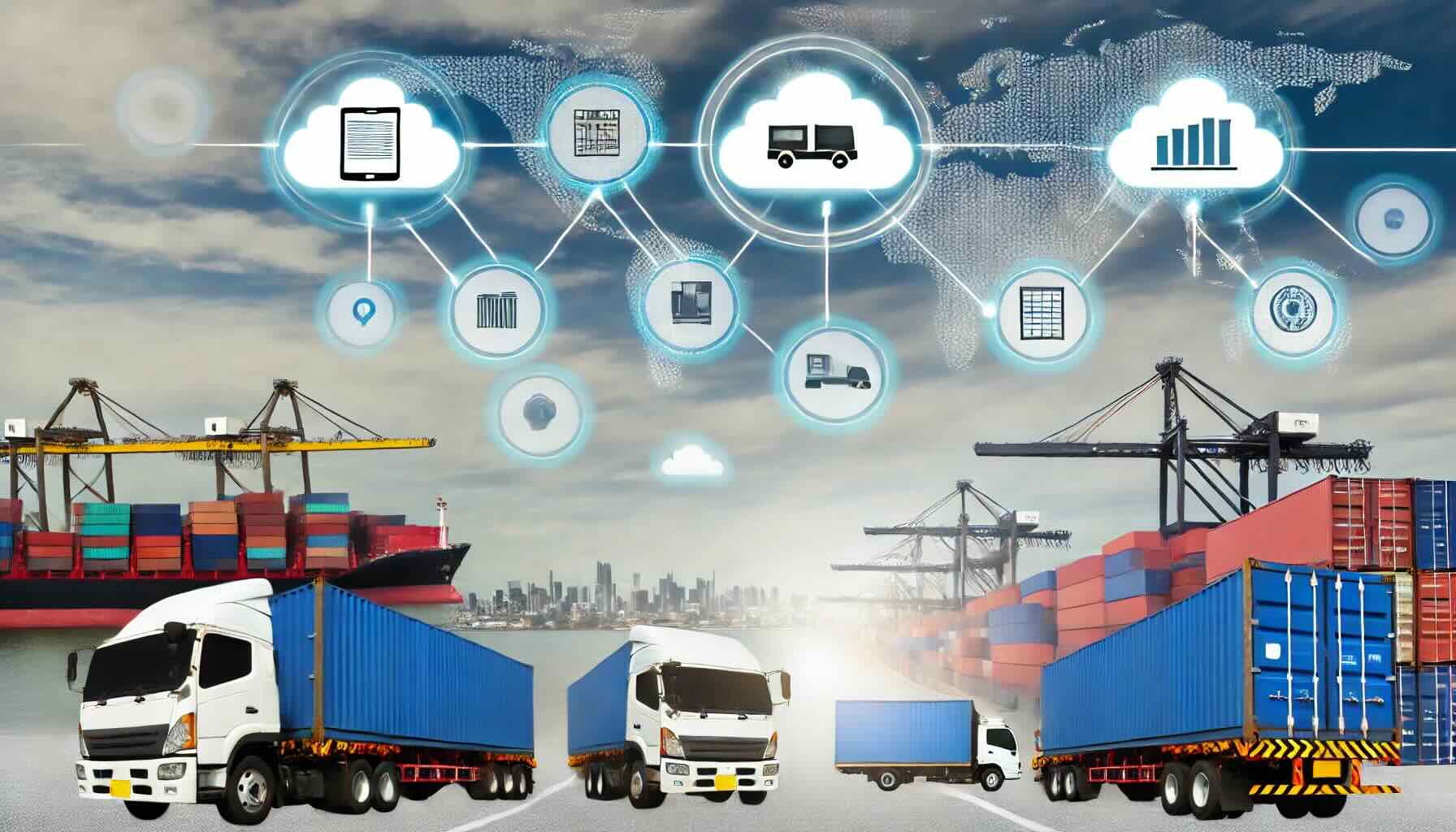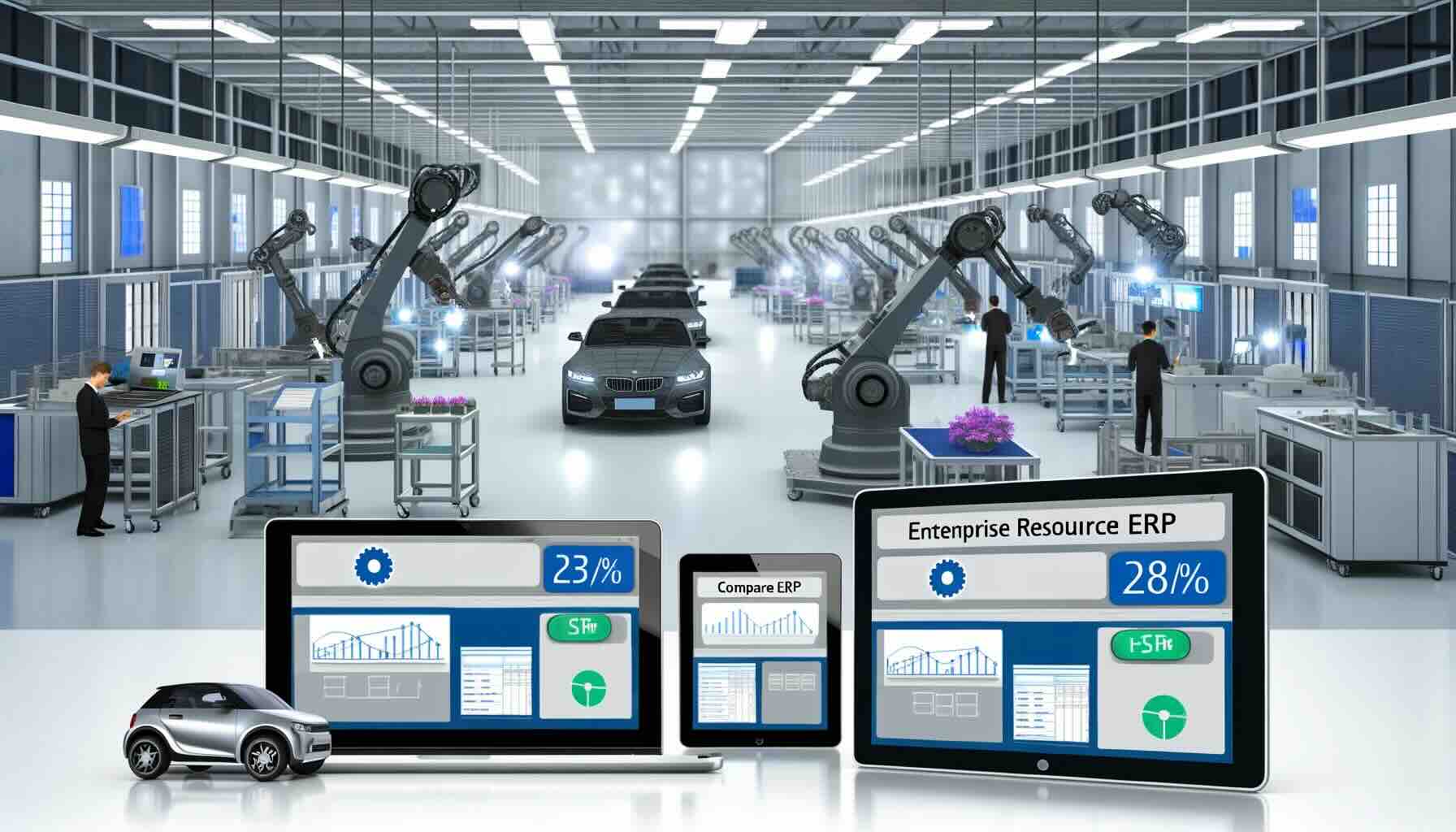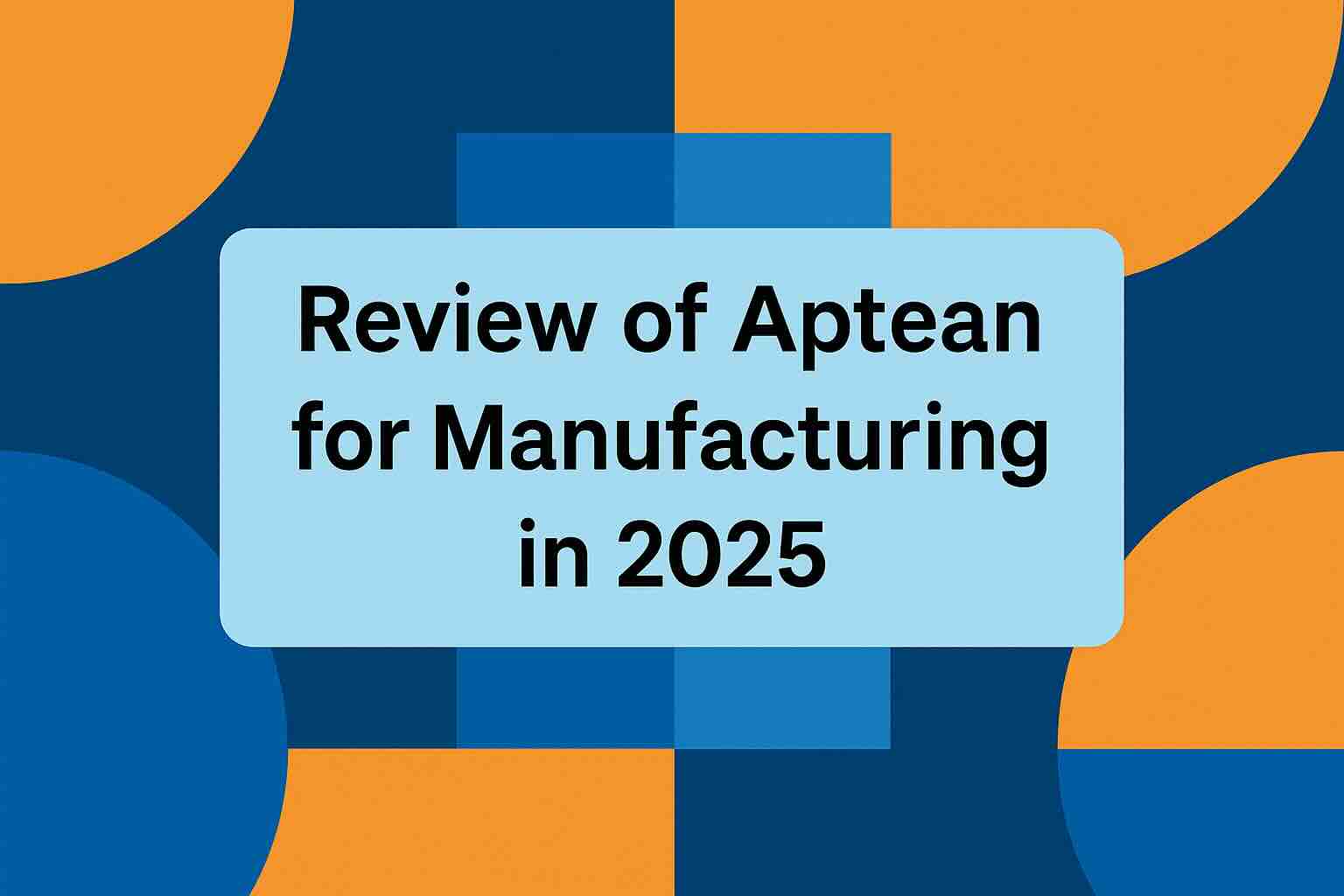Is Oracle Netsuite a Good ERP for Transport and Logistics?

In the fast-paced and dynamic world of transport and logistics, managing operations efficiently is crucial. The industry, marked by its relentless pursuit of optimization and precision, requires robust systems to keep pace with its ever-evolving landscape. In this context, the role of Enterprise Resource Planning (ERP) systems like Oracle Netsuite becomes pivotal. Let’s delve into whether Oracle Netsuite ERP for transport and logistics stands out as an effective solution for businesses in this sector.
Understanding Oracle Netsuite in the Transport and Logistics Landscape
Oracle Netsuite, known for its comprehensive suite of business applications, offers an array of features that can potentially cater to the specific needs of the transport and logistics industry. However, to truly gauge its effectiveness, we need to scrutinize its capabilities in relation to the unique challenges and requirements of this sector.
Strengths of Oracle Netsuite for Transport and Logistics
- Integrated Business Functions: Oracle Netsuite provides an integrated approach to managing various business functions – from finance and CRM to supply chain and warehouse management. This holistic approach is beneficial for transport and logistics companies, as it streamlines operations and provides a unified view of the business.
- Real-Time Visibility and Analytics: The industry demands real-time data for efficient tracking and management. Oracle Netsuite’s real-time dashboards and analytics tools offer insights into key metrics, aiding in quick decision-making and better control over logistics operations.
- Scalability and Customization: As businesses in this sector grow and evolve, their ERP system should be able to scale and adapt accordingly. Oracle Netsuite’s customizable and scalable nature ensures that it can accommodate the changing needs of transport and logistics businesses.
- Cloud-Based Mobility: Being cloud-based, Oracle Netsuite allows for remote access and management of operations, a critical feature for the transport and logistics sector that operates across various locations and time zones.
Weaknesses of Oracle Netsuite in This Context
- Complexity and User Experience: While Oracle Netsuite is powerful, its complexity can be a hurdle. Users might find the system overwhelming, and there can be a steep learning curve involved in effectively utilizing all its features.
- Cost Considerations: For small to medium-sized logistics companies, the cost of implementing and maintaining Oracle Netsuite might be on the higher side compared to other solutions tailored to smaller operations.
- Integration Challenges: While Oracle Netsuite is comprehensive, integrating it with existing systems and third-party applications used in transport and logistics might require additional effort and resources.
Comparing Oracle Netsuite with Other ERP Solutions in Transport and Logistics
When considering Oracle Netsuite for transport and logistics, it’s important to compare it with other ERP solutions prevalent in this industry, such as Acumatica, IFS Cloud, and SAP S/4HANA. Each of these ERP systems brings its own strengths – like IFS Cloud’s focus on asset management, SAP S/4HANA’s extensive analytics capabilities, and Acumatica’s user-friendly interface and affordability.
Tailoring the Choice to Your Business Needs
The decision to choose Oracle Netsuite ERP for transport and logistics should be based on a detailed analysis of the specific needs and capabilities of your business. Consider factors like the size of your operations, your growth trajectory, the complexity of your supply chain, and the level of customization you require. It’s also crucial to consider the total cost of ownership and the ROI that each system offers in the long run.
Conclusion
Oracle Netsuite, with its comprehensive features and scalability, stands as a strong contender in the ERP landscape for transport and logistics. However, its suitability for your business will largely depend on specific factors like business size, complexity, and budget. Like navigating a complex logistics network, choosing the right ERP solution requires careful consideration of all routes and potential obstacles. In this decision-making journey, understanding your unique business requirements will lead you to the right destination – an ERP system that drives efficiency and growth. Click this link to find out more about Oracle Netsuite for transport and logistics.
To compare Oracle Netsuite with 100s of other ERP solutions, you can use our new AI-powered Compare ERP tool. It’s free to use and you get a guaranteed discount on your first year’s licence fees with a referral from Compare ERP.









